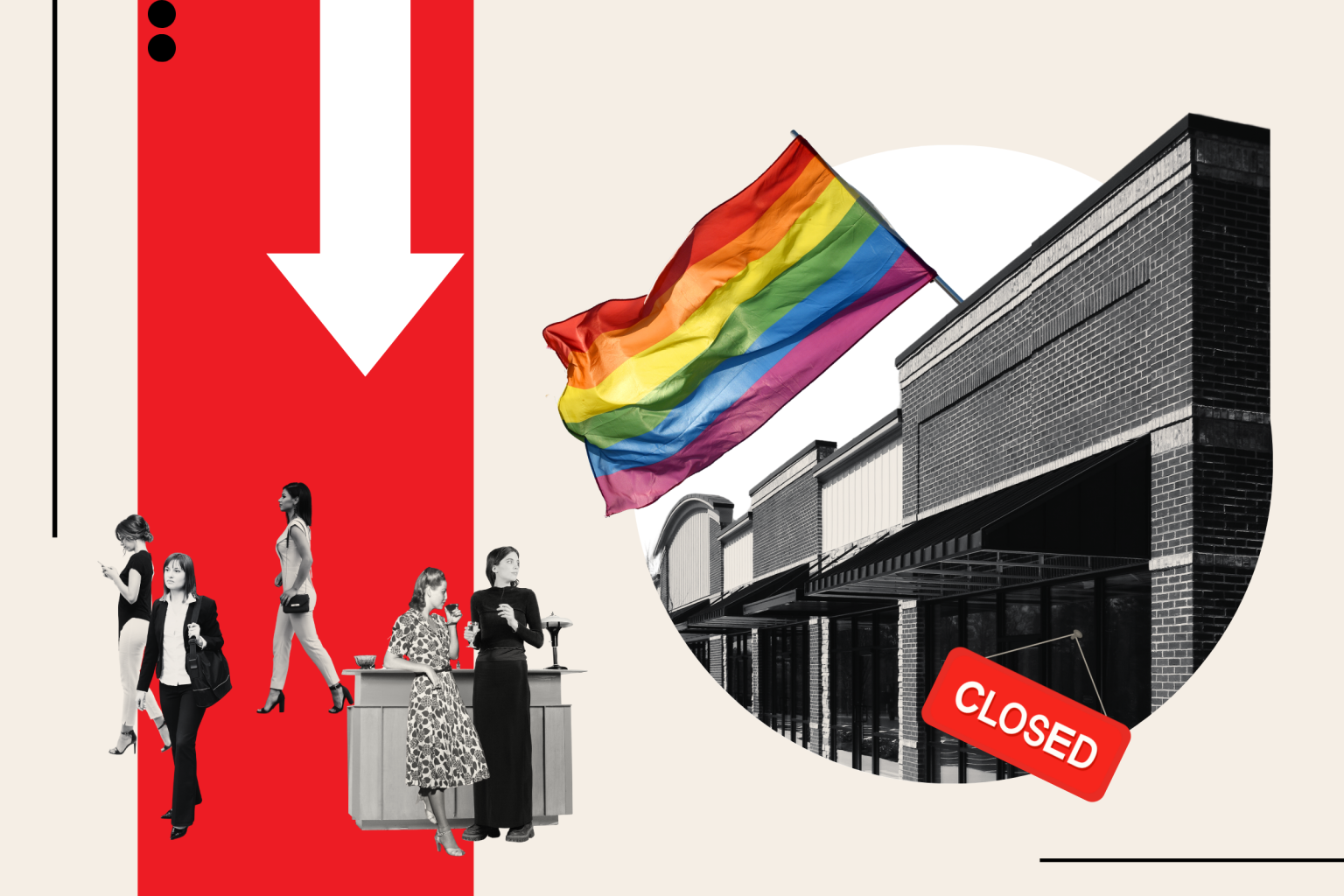Femme bar in Worcester, Massachusetts, is one of the last remaining lesbian bars in the United States. Maire Geoghegan and her friends enjoy the safe and inclusive space that Femme provides, unlike other bars where they feel less accepted. Lesbian bars have been on the decline since the 1980s when there were around 200, and the Lesbian Bar Project was started in 2020 to document and support these dwindling establishments. The project raised funds to help lesbian bars survive the pandemic and created a documentary series honoring different bars across the country.
The Lesbian Bar Project has helped bring attention to the importance of lesbian bars, resulting in the opening of new establishments like The Lady’s Room in Florida, Mother in San Francisco, and The Sports Bra in Oregon. While gay bars are more common, lesbian bars offer a safe space for queer, intersex, nonbinary, and transgender individuals. Lesbian bars are created by and for the queer community, providing a welcoming environment where patrons can be themselves without fear of judgment. These spaces serve as a celebration of queer identities and relationships.
Lesbian bars like the Cubbyhole in New York City aim to be inclusive and welcoming to all members of the LGBTQ+ community. These spaces offer a sense of community and belonging, allowing individuals to connect with others in the queer community and freely express their identities. For many patrons, lesbian bars provide a safe haven where they can fully embrace their queer identities without hesitation. The importance of these spaces lies in their ability to create a sense of community, history, and belonging for marginalized individuals.
Lesbian bars go beyond just serving drinks, offering a variety of programming and events that cater to the needs and interests of the community. Bars like The Sports Bra in Portland focus on promoting women in sports, while others like Dorothy in Chicago host events ranging from dance parties to open mic nights. These establishments serve as more than just bars; they function as spaces for community building and empowerment. By providing a supportive environment for marginalized individuals, lesbian bars play an essential role in offering a sense of belonging and acceptance.
Audrey Corley, the owner of Boycott Bar in Phoenix, believes in the importance of providing a safe space for individuals who may not have a supportive community elsewhere. Lesbian bars like Boycott and its “sister bars” offer a sense of family and belonging for those who may feel marginalized or isolated. These establishments serve as more than just bars, they are community hubs that provide a sense of identity and connection for the LGBTQ+ community. As lesbian bars continue to face challenges, their significance in providing safe, inclusive spaces remains crucial to many individuals across the country.


